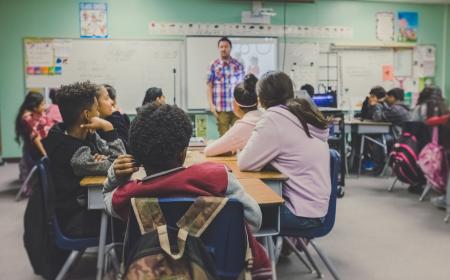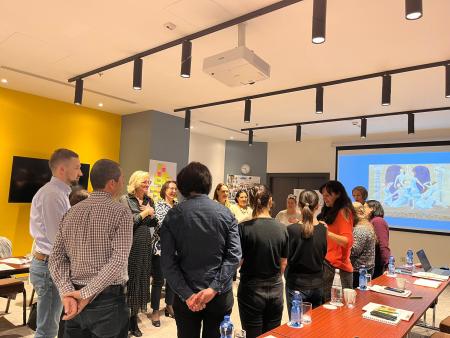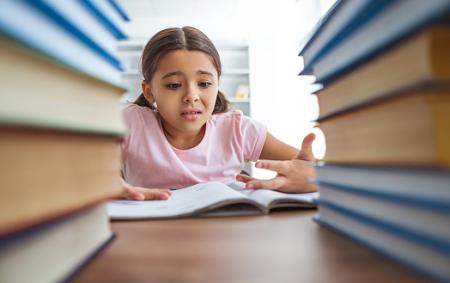
The pandemic has caused many difficulties if not, it has given children lifelong traumatic memories. Apart from this, difficulties in the learning process have been noticed and therefore studied. This article from Children and Young People now, on the 7th of June has posted an article describing and discussing the effects of the quarantine in children coming from poor backgrounds. In a more concrete way, the Education Policy Institute has conducted a research on behalf of the Department for Education regarding this matter. The study has found that:
- By the first half of he autumn semester, average learning losses for disadvantaged pupils (those receiving free meal) were 4.3 months in mathematics and 2 months in reading for primary schoolers.
- On the other hand all primary school pupils had an average loss of 3.7 months in mathematics and 1.2 in reading.
- By the second half of the autumn term, these losses recovered to 3.3 months in maths an 1.6 months in reading, still being bigger than the losses all pupils had on average.
- By the second half of the spring term these losses regressed again to 3.3 months in maths and 2.2 in reading.
This study clearly shows that pupils coming from disadvantaged backgrounds are losing more knowledge and that immediate action needs to be taken in order to prevent another regression in learning or other consequences that might accompany such regression.
For more information please check the article.






















